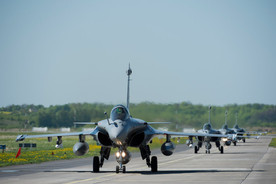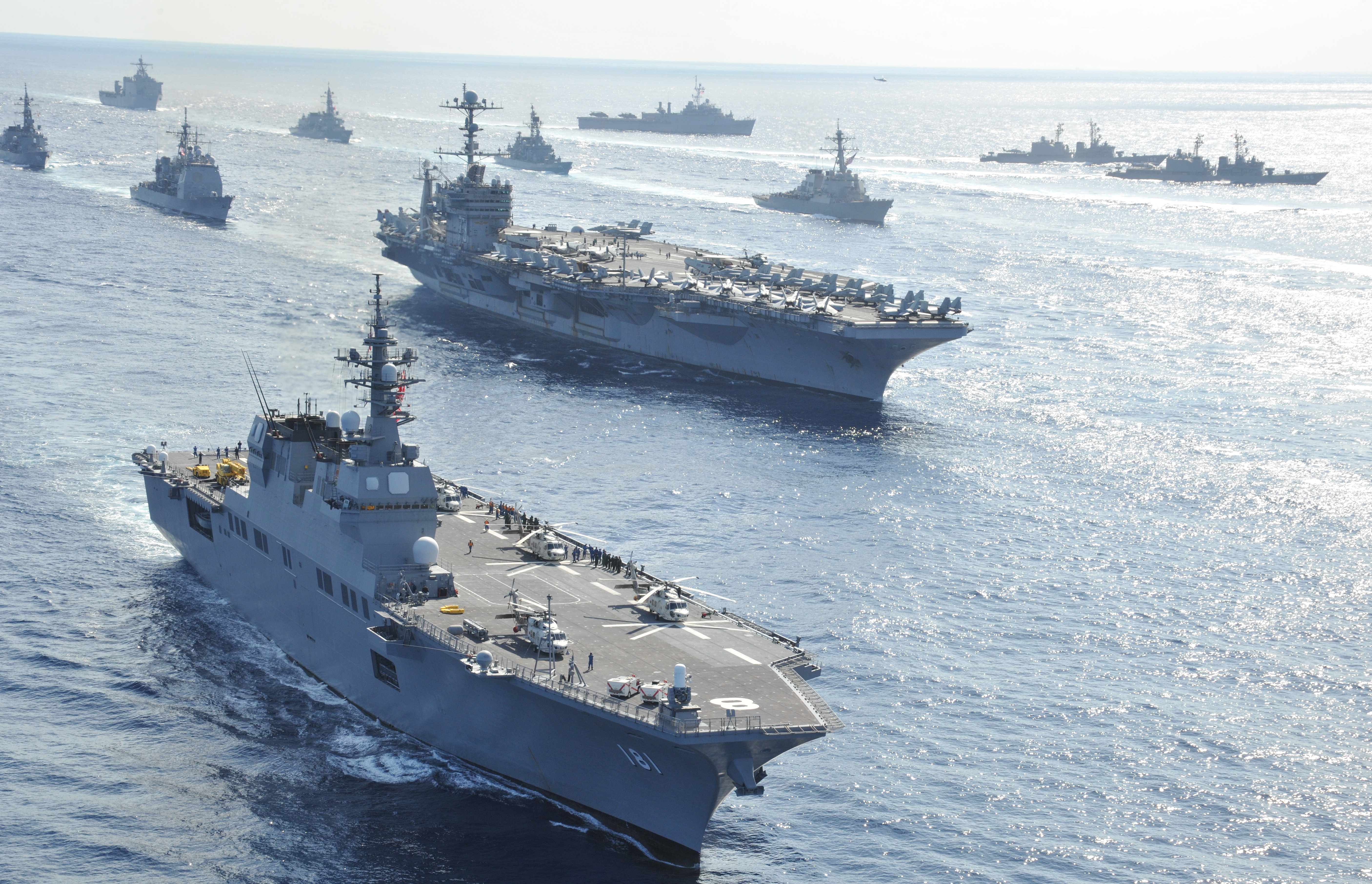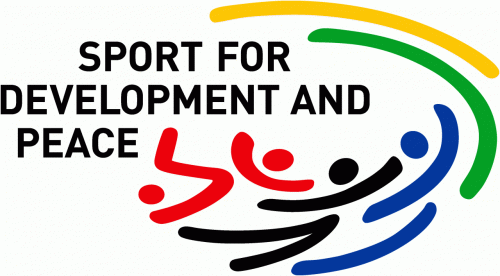On April 29, 2014, NATO announced that the air policing duties over the Baltic states of Estonia, Latvia and Lithuania would be taken over by France, Poland, United Kingdom and Denmark. Meanwhile, on May 13, 2014 it was reported that France would continue to sell warships to Russia throughout the ongoing Ukraine crisis. These two seemingly unrelated actions by NATO and the French government are contradictory and inconsistent, drawing attention to a much larger and long-standing issue.
Since it’s founding, the NATO-France relationship has had significant difficulties.
The unity of the alliance had been undermined in 1958 with the withdrawal of France from NATO. President Charles de Gaulle’s vision for France and NATO was a strong and independent France, armed with atomic weapons, and for Europe to emancipate itself from the USA. Through this, a united Europe under French leadership that could reach a détente with the USSR and end the Cold War, alongside NATO.
The NATO vision, that of a supranational, integrated military organization led by the USA, was contrary to de Gaulle’s ideas. De Gaulle opposed the United States’ overpowering role in the alliance and their “special relationship” with the United Kingdom. He also believed France was in a unique situation, compared to the USA and the UK, with its close proximity to the newly formed states of the Warsaw Pact. He argued for an equal share in authority in the alliance between these three powers, however his request was never met and the French president began preparations to leave the alliance. This meant the withdrawal of the French Mediterranean, Atlantic and Channel fleets from NATO command, and the prohibition of foreign nuclear weapons on French soil. By 1966, all French armed forces were withdrawn from NATO command, and non-French troops, including NATO troops, had been removed from France. France, however, remained a member of the alliance and throughout the Cold War was committed to the defense of Europe.
Consequently, France was able to profit from this by getting all the benefits of the alliance’s collective security while maintaining their own military independence. France was able to keep itself distinct from NATO. Meanwhile, the other 14 NATO members grew closer together, by agreeing to strong transatlantic relations and an active American role in Europe. De Gaulle’s challenges to the alliance therefore resulted in its transformation during the 1960’s. These reforms were necessary to remain relevant in the radically changing circumstances and situations for NATO.
With this new military support to Russia in the form of warships, however, the tenuous union between France and NATO is once again in question. This defense deal involves the sale two assault ships to the Russian government. These ships do not have any weapon systems on board, yet, but the ships provide Russia with an enhanced ability to deploy offensive military capabilities. With this ongoing crisis in the Ukraine and Russia’s considering involvement, described by NATO’s Secretary General as the biggest threat to Europe since the end of the Cold War, these actions by a NATO ally can only be described as questionable.
This military support comes at the same time as the new Baltic air policing control is being taken over by France, among other nations. The Baltic states gained independence from the USSR in 1991 and joined NATO in 2004; but because of their lack of sufficient aircraft to police their own skies, larger NATO members have taken over their patrolling duties. While the Ukraine remains a conflict zone, the proximity of these Baltic states to this area would seem to be an important aspect to NATO’s role in the crisis.
Nevertheless, France’s new defense deal and air patrol have come at an already challenging time for the alliance, and with their previous history, can only further complicate these issues.




